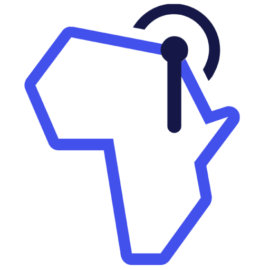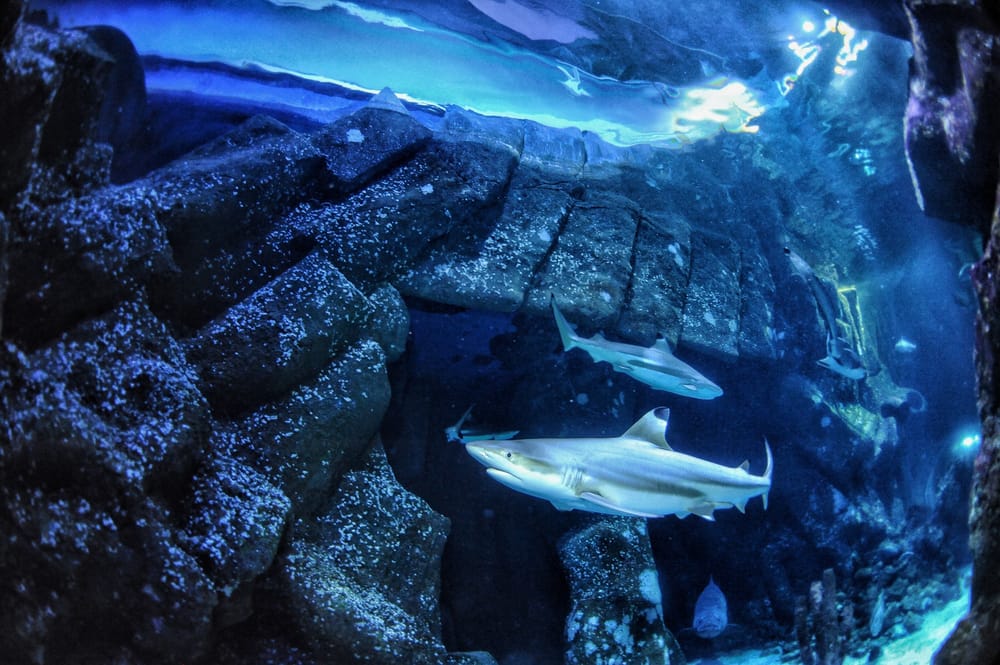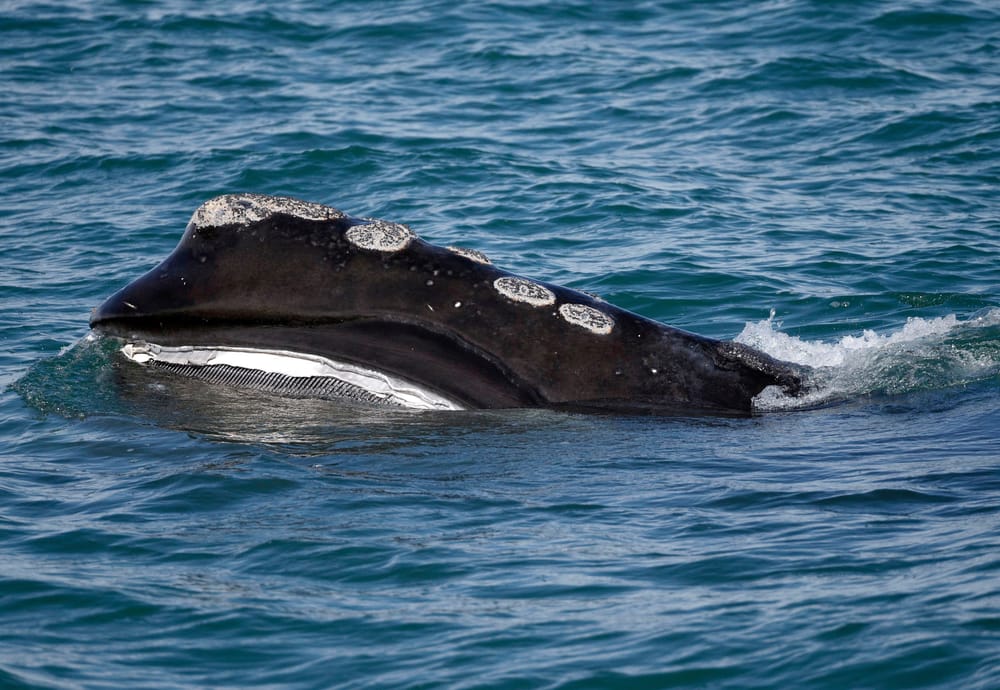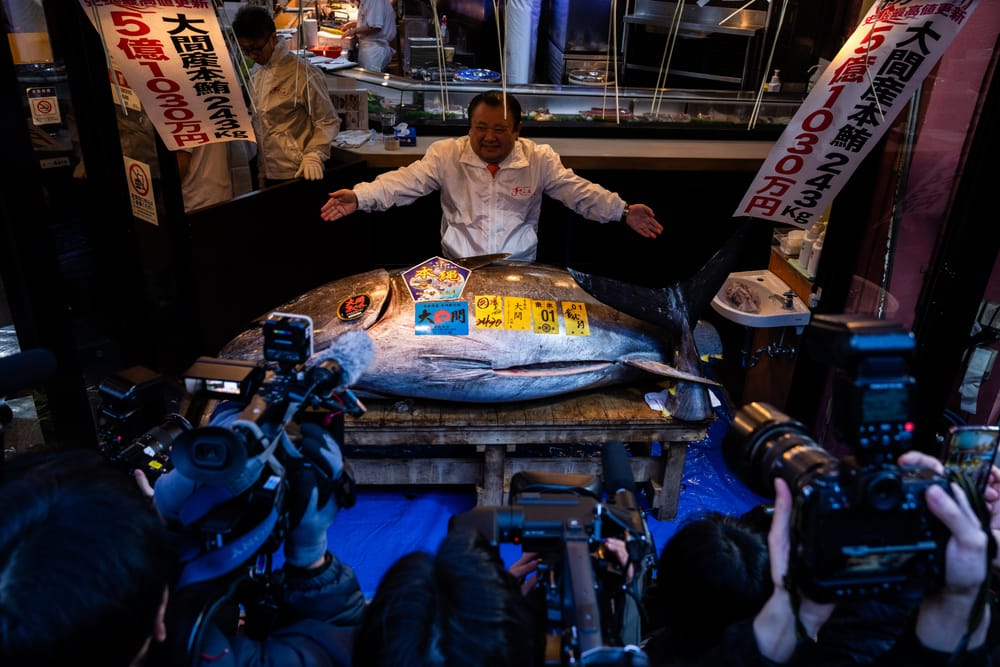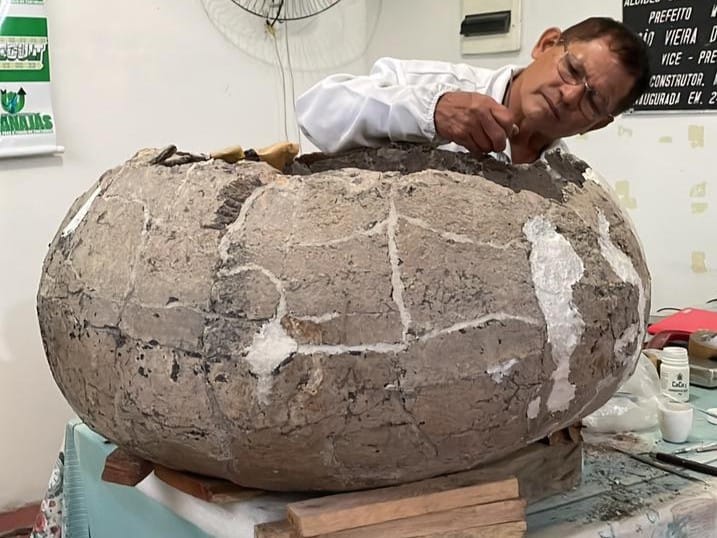Ocean Report #01: Legislative monitoring and marine literacy from Brazil
Tracking bills, radar events, and institutional activities to strengthen ocean communication
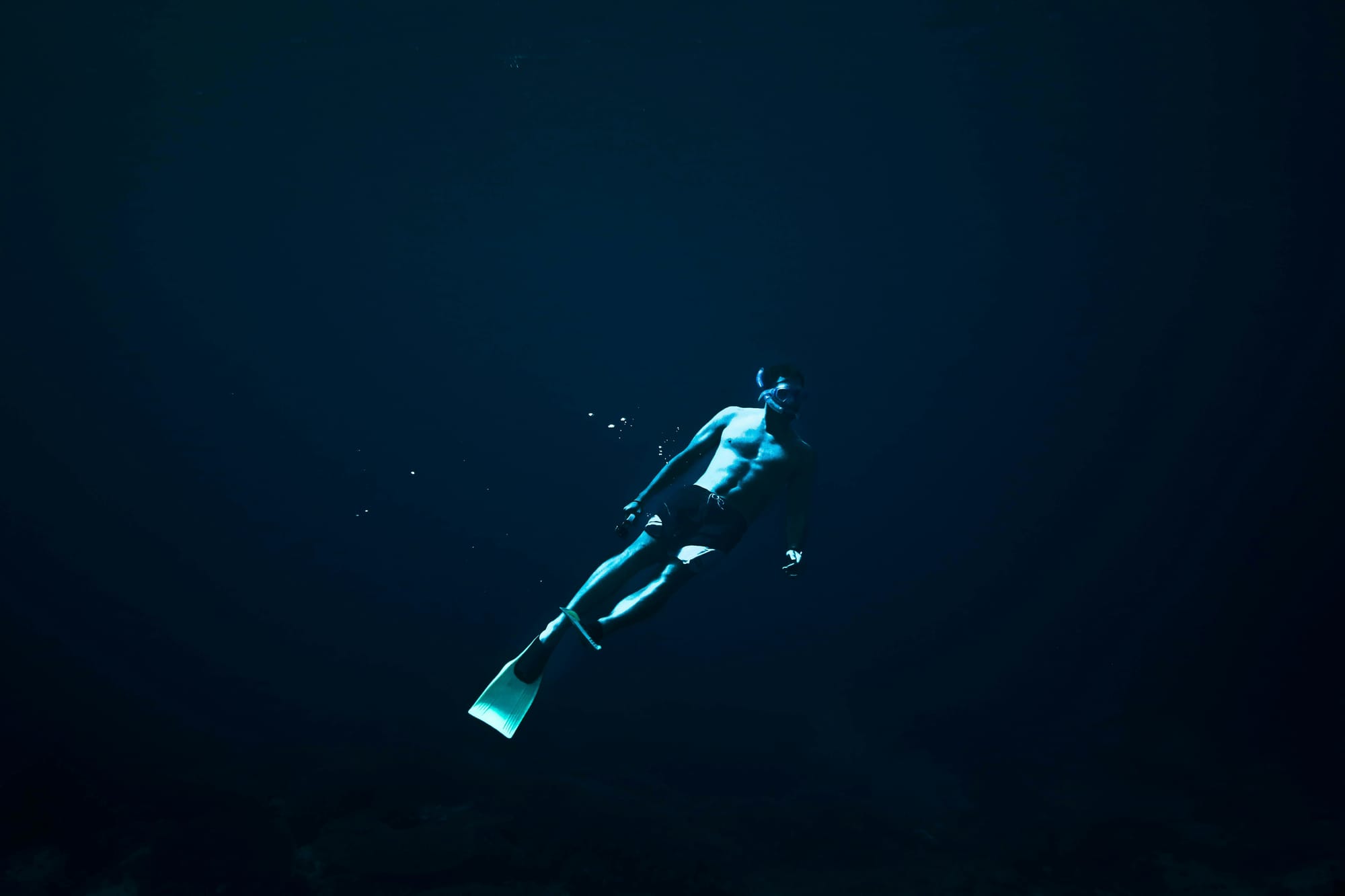
Overview
We are less than 70 days away from COP30, to be held in Belém, Pará state, in the Brazilian Amazon. The event presents a unique opportunity to establish environmental commitments and expand conservation goals. However, the event has been criticized for the high cost of existing accommodations and the lack of infrastructure to accommodate delegations.
In August 2025, in Geneva, negotiations to create a Plastics Treaty failed. In June 2025, in Nice, the Oceans Conference took place, with voluntary proposals presented by countries. Among the initiatives were the expansion of MPAs (Marine Protected Areas), progress in combating plastic pollution, the decarbonization of maritime transport, and the mobilization of financing for the blue economy.
Meanwhile, legislative projects related to the oceans are advancing, as seen below, and discussions continue in academia on how to promote marine conservation, including in the context of oil exploration in the Amazon region.
Legislative monitoring in Brazil
The bill 4789/2024 was approved on July 2, 2025, by the Senate's CRA (Committee on Agriculture and Agrarian Reform). The text is now ready for a vote in another committee, the CMA (Committee on the Environment).
"Born from an unprecedented consensus between the artisanal and industrial fishing sectors," wrote Oceana Brasil on Instagram.
The text "proposes the improvement of the current fisheries policy, seeking to promote sustainable fishing, combat illegal fishing, and ensure social justice for those who depend on this activity," the publication stated.
Still in the Senate, but this time in the plenary, Brazil's accession to an international agreement to promote fairer competition in the global fisheries sector and ensure marine fishing at biologically sustainable levels (PDL 113/2024) was approved on July 9, 2025.
The same text was approved on July 2, 2025 by the CRE (Foreign Relations Committee). The project refers to the Agreement on Fisheries Subsidies, signed by Brazil in 2022 under the WTO (World Trade Organization).
The PDL 478/2023, reported by Senator Jorge Seif (PL-SC), authorizes the President of the Republic to incorporate into Brazilian law, by means of a presidential decree, the so-called Manila Amendments. These amendments update international rules on safety, certification, machinery, and watchkeeping services in maritime navigation.
The updates address topics such as:
- Updated requirements regarding working and rest hours.
- Prevention of drug and alcohol use and medical fitness of seafarers;
- New certification requirements for qualified seafarers;
- New training demands in technologies such as electronic chart systems;
- Inclusion of training on marine environmental awareness, among others.
The amendments modify the International Convention on Standards of Training, Certification and Watchkeeping for Seafarers (STCW-1978) under the International Maritime Organization (IMO), which was already incorporated into Brazilian law in 1984. Although the amendments have been internationally in force since 2012, including for Brazil, they have not yet been included in Brazilian legislation, according to the rapporteur.
On July 16, 2024, President Luiz Inácio Lula da Silva (PT) signed the decree regulating Law No. 14,301/2022, which establishes the BR do Mar Program. This federal government initiative aims to stimulate cabotage transport, which is coastal navigation between Brazilian ports.
In case you've missed it
On November 4, 2024, Brazil and China signed a protocol to create a direct maritime route between the Greater Bay Area (Guangdong, Hong Kong Macau) and the Port of Santana das Docas in Amapá, one of the nine states in the Brazilian Amazon region.
This connection reduces transport time by approximately 14 days compared to traditional routes, positioning Santana as a strategic hub for importing biofertilizers and the future export of Brazilian agricultural products to China.
Brazil was chosen to host the 3rd Conference of the Decade of Ocean Science for Sustainable Development. The event will take place in 2027 in Rio de Janeiro. This decision was announced on June 27, 2025, during the Assembly of the Intergovernmental Oceanographic Commission (IOC) of UNESCO.
What we've been doing
Webinar about illegal fishing practices
We participated in the webinar "From Sea to Market: Uncovering Illegal Fishing Practices in the Mediterranean", organized by the EJN (Earth Journalism Network).
Oceanographer Rafael Menezes, who holds a master's degree in Marine Biotechnology, stated that one of the biggest takeaways from the webinar was that "vessels change their flags and names all the time." This practice hinders journalistic investigations and creates obstacles to fisheries oversight.
Interview with Alexander Turra
We spoke with Prof. Dr. Alexander Turra, from the Oceanographic Institute of USP (University of São Paulo), about oil exploration in the Equatorial Margin, plastics, COP30, and more.
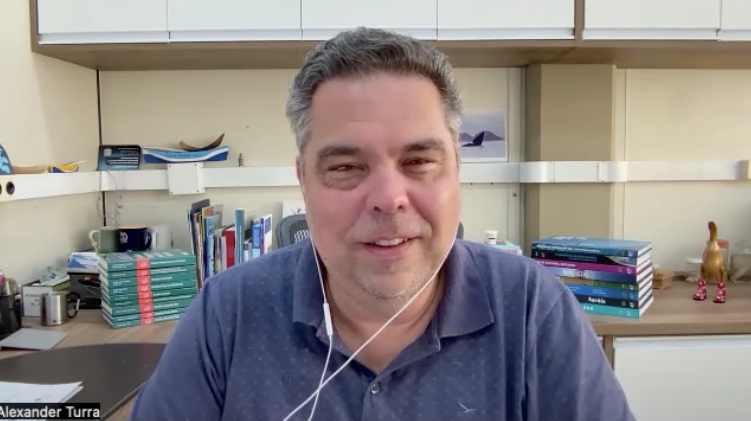
Turra explained that a group of researchers, of which he is a member, presented a document with proposals for the conservation of the mouth of the Amazon in a possible oil exploration scenario.
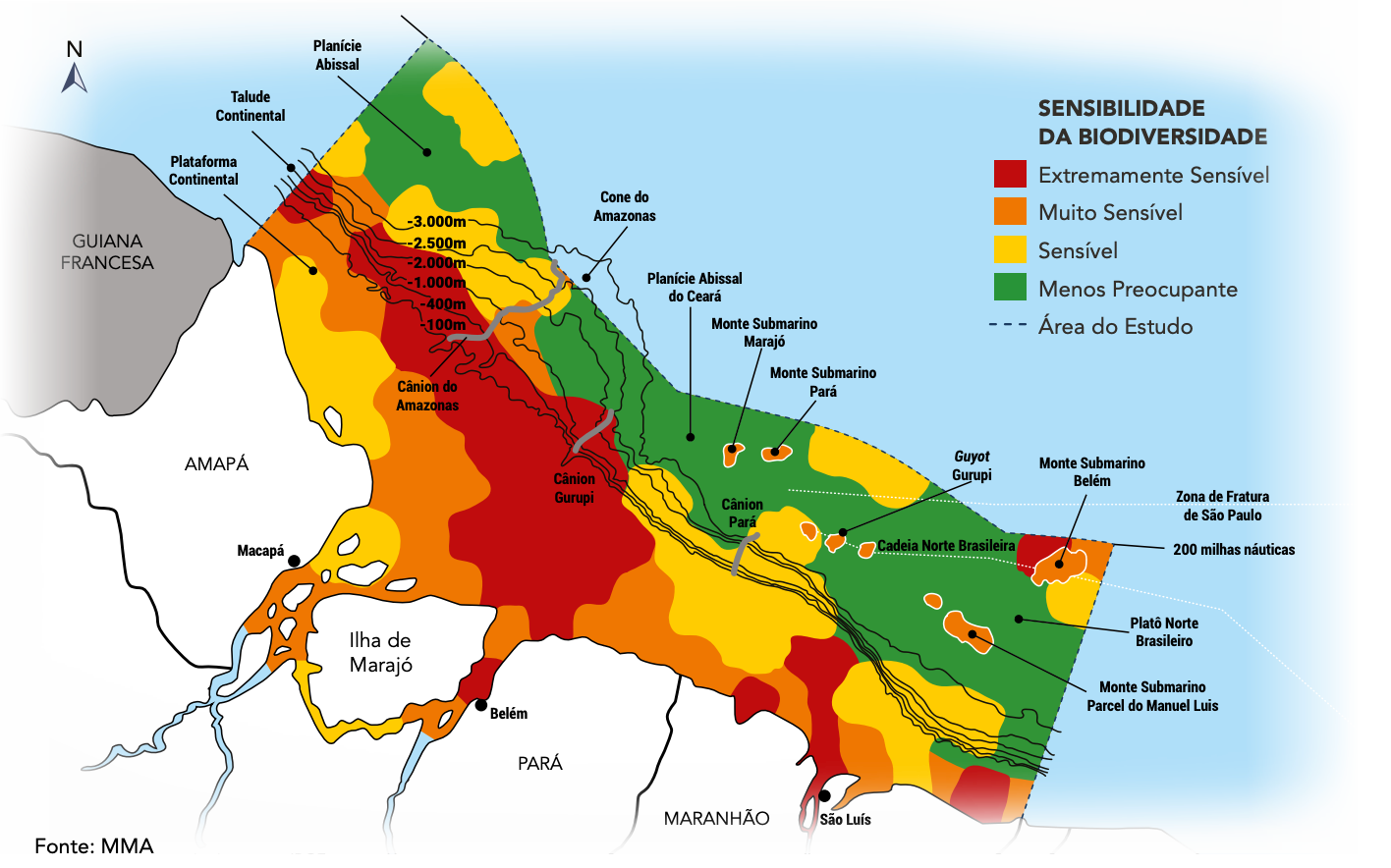
Trip to report on invasive species
We traveled to Arraial do Cabo, a marine sanctuary in the state of Rio de Janeiro, with support from the Earth Journalism Network to produce a report on an invasive species in the region.
We interviewed researchers and conducted dives with a GoPro. As a result, we will deliver a mini-documentary and written reports (in Portuguese and English).
Organizing webinar
A webinar about oceans is being organized in partnership with friends from jornal ((o))eco. It will take place on Thursday, September 18, 2025. Save the date. Details will be shared in the next edition of this newsletter.
Preparation for COP30
Confirmation has been received for accreditation to cover COP30 in Belém via Correio Sabiá. The remaining step is to secure institutional support to make the trip feasible. Suggestions for such support are welcome.
Next events
Webinar "How to OSINT The Ocean"
- Date: 9.set.2025
- Hour: 13h (horário de Brasília)
- Organization: Pulitzer Center
The ocean may seem vast and opaque, but open-source intelligence (OSINT) tools are changing the way we monitor it. From tracking illegal fishing and ship movements to uncovering pollution and port activity, this hands-on webinar will teach journalists how to harness publicly available data to shed light on maritime activities that often escape scrutiny.
From our Ocean Community
The Brazilian researcher Aléxia A. Lessa, a member of the Laboratory of Ecology and Conservation of Reef Environments at UFF (Federal Fluminense University) and currently affiliated with the Graduate Program in Ecology at UFRJ (Federal University of Rio de Janeiro), was awarded the Geographical Award 2025. This award is given by the Animal Behavior Society in partnership with the Association for the Study of Animal Behaviour and supported by Elsevier. The prize recognizes the best articles published in the scientific journal Animal Behaviour.
Titled “Exposure to anthropogenic noise affects feeding but not territory defence in damselfishes,” the study was considered one of the best works of the year among all articles published in the Geographical Award category, which focuses on authors from developing countries. The article was supervised by Prof. Carlos Eduardo Leite Ferreira (UFF) and Dr. Fábio Contrera Xavier (IEAPM-UFF).
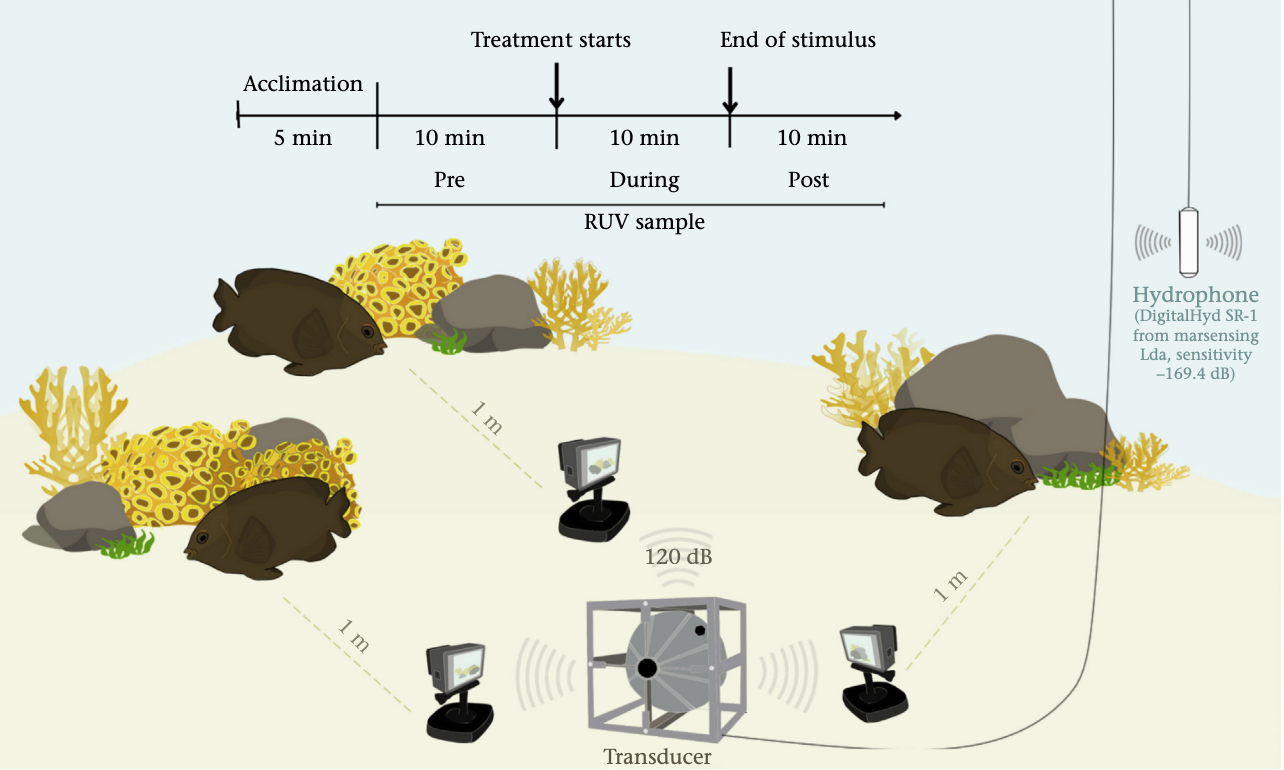
Correio Sabiá produced a mini-documentary (as well as reports in Portuguese and English) about this research in 2023, with support from the Earth Journalism Network.
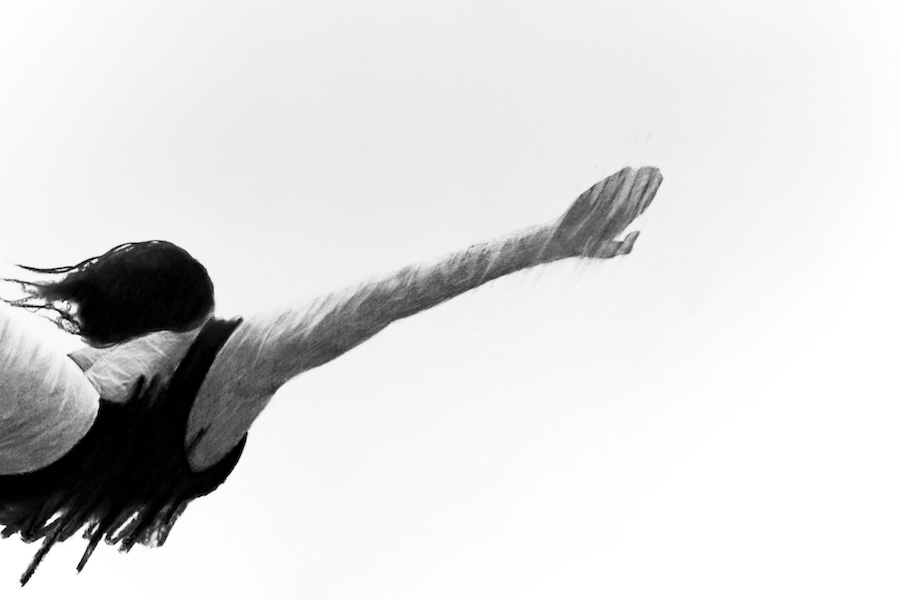
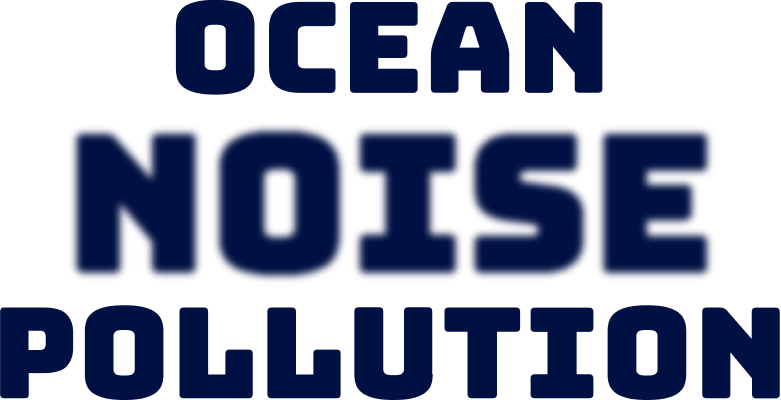
What we've been reading
Dredged Rivers, from the African news organization Info Nile, is a cross-border investigation into how unchecked urban expansion in Rwanda, Burundi, Kenya, and Uganda is degrading rivers and aquatic ecosystems in rapidly growing secondary cities.
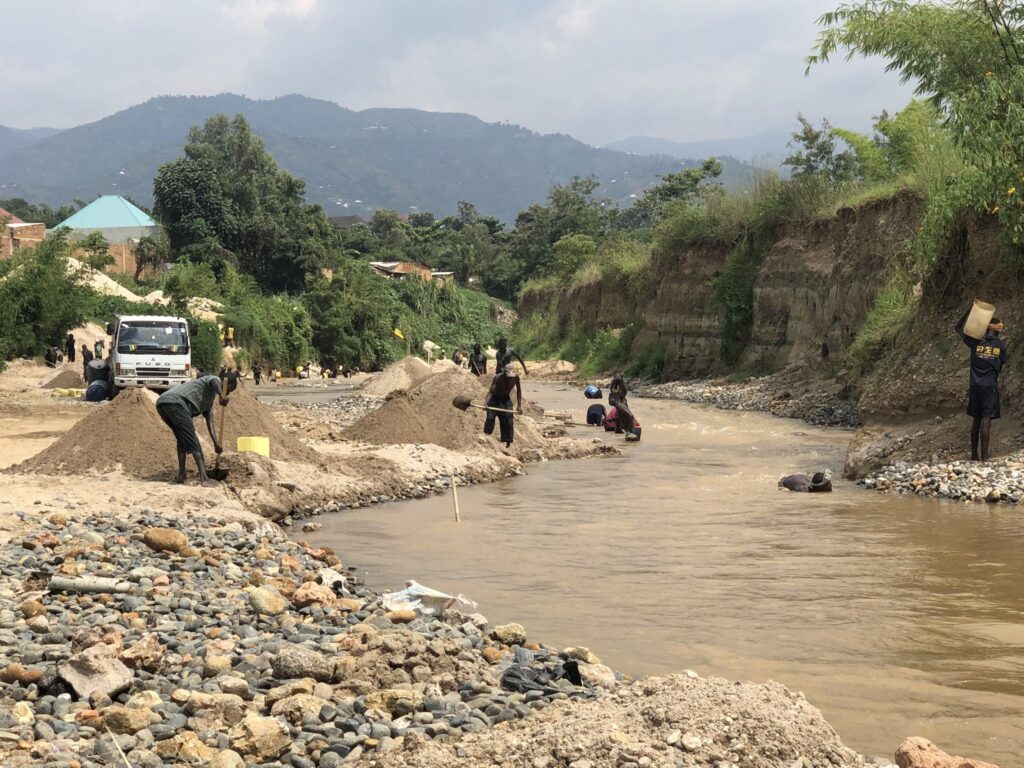
Just as Correio Sabiá did previously in 2023, g1 also published (but recently) a report on marine noise pollution. In this case, it showed how noise at the bottom of the sea affects the life of dolphins and whales.
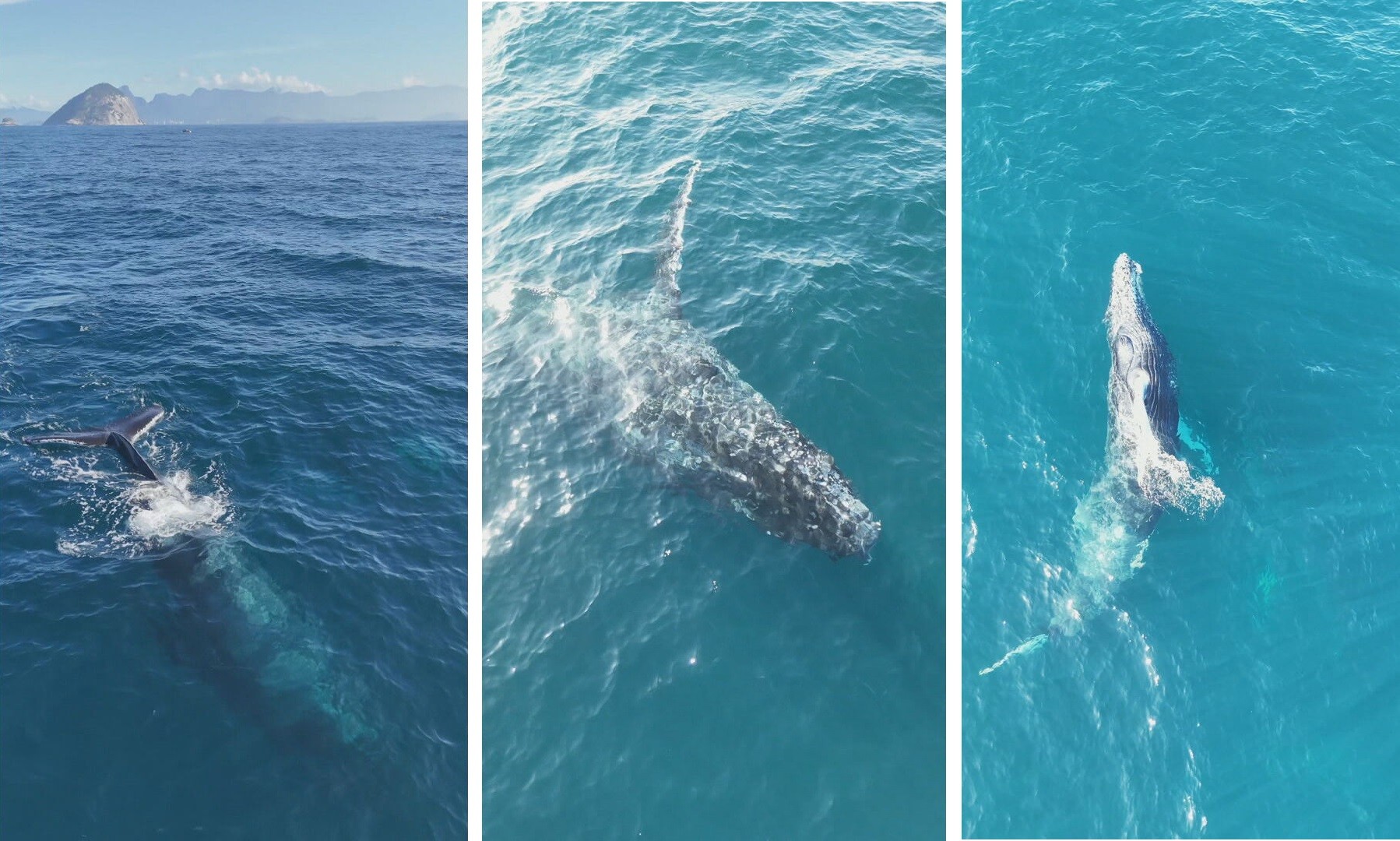
Autor

Jornalista e empreendedor. Criador/CEO do Correio Sabiá. Emerging Media Leader (2020) pelo ICFJ. Cobriu a Presidência da República.



